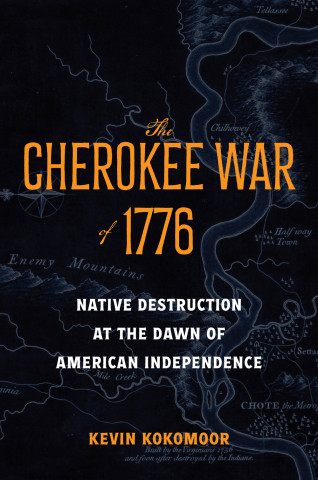
Book Details
Preface
Introduction
Chapter 1. Republican Preconvention Politics
Chapter 2. Democratic Preconvention Politics
Chapter 3. The Republican National Convention
Chapter 4. The Democratic Convention
Chapter 5
Preface
Introduction
Chapter 1. Republican Preconvention Politics
Chapter 2. Democratic Preconvention Politics
Chapter 3. The Republican National Convention
Chapter 4. The Democratic Convention
Chapter 5. The Campaign
Notes
Index





